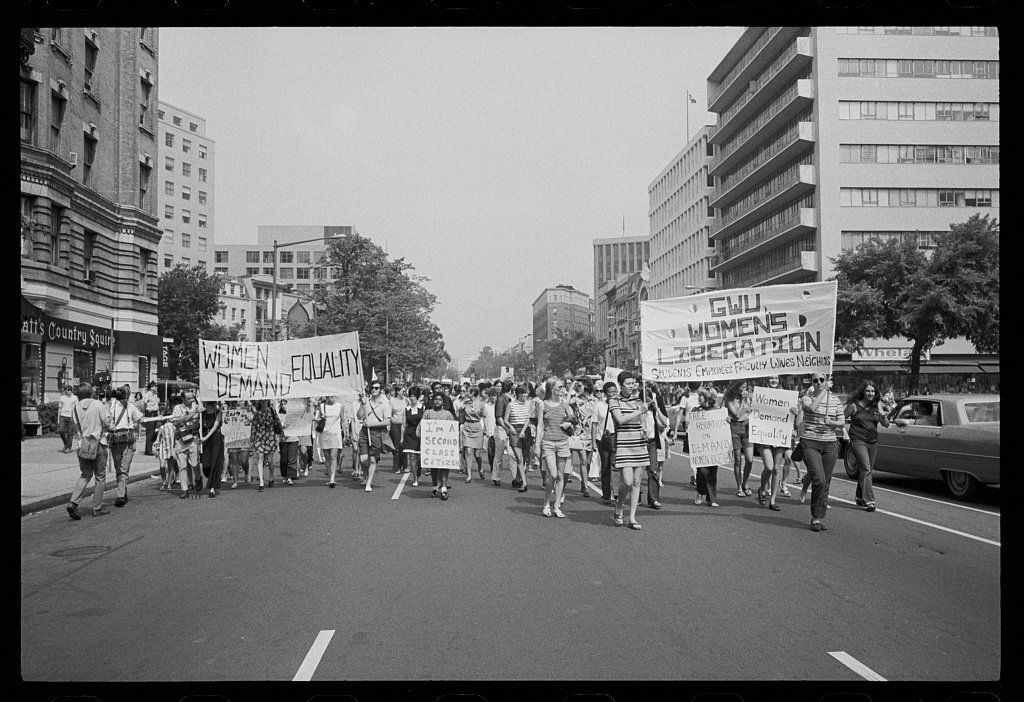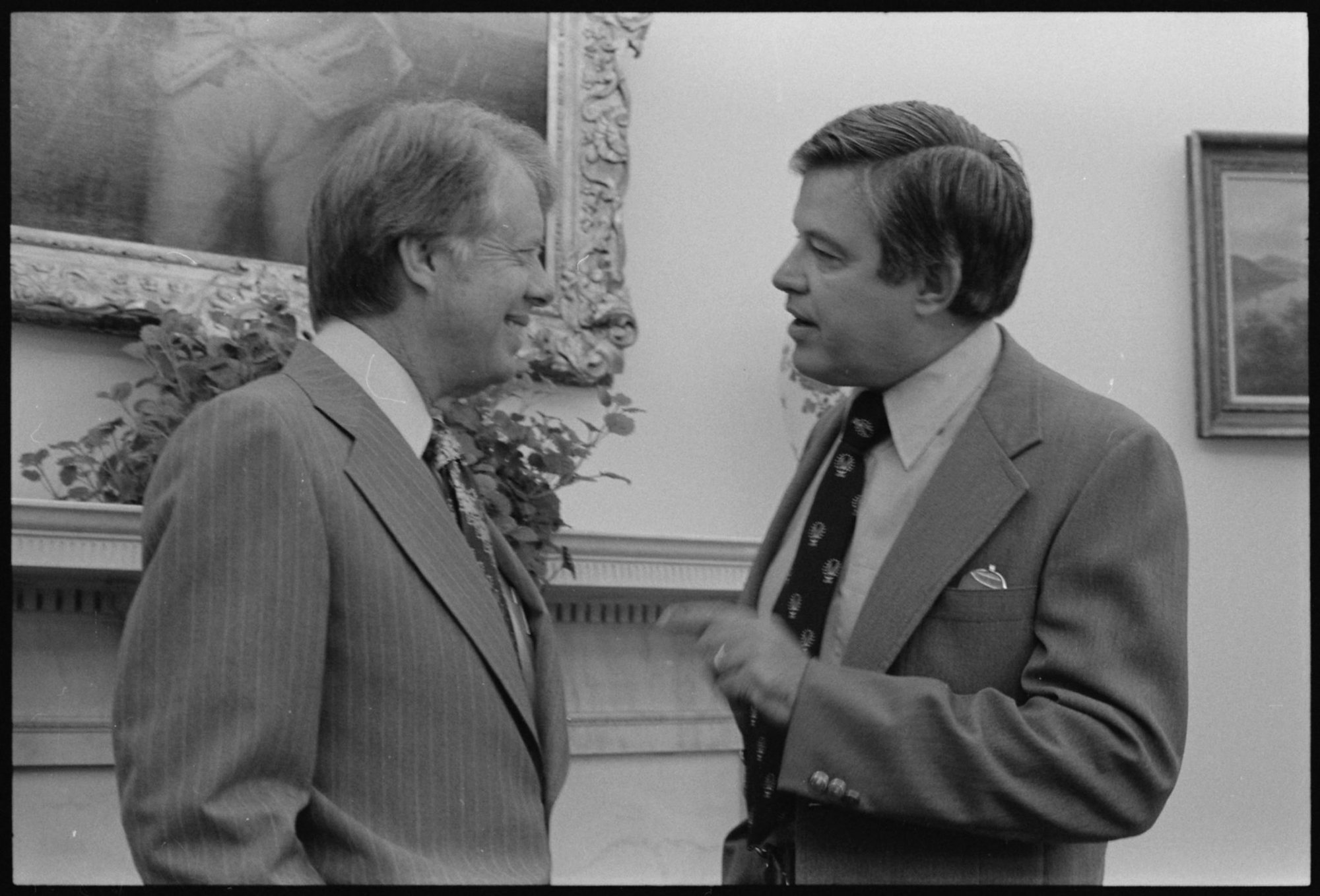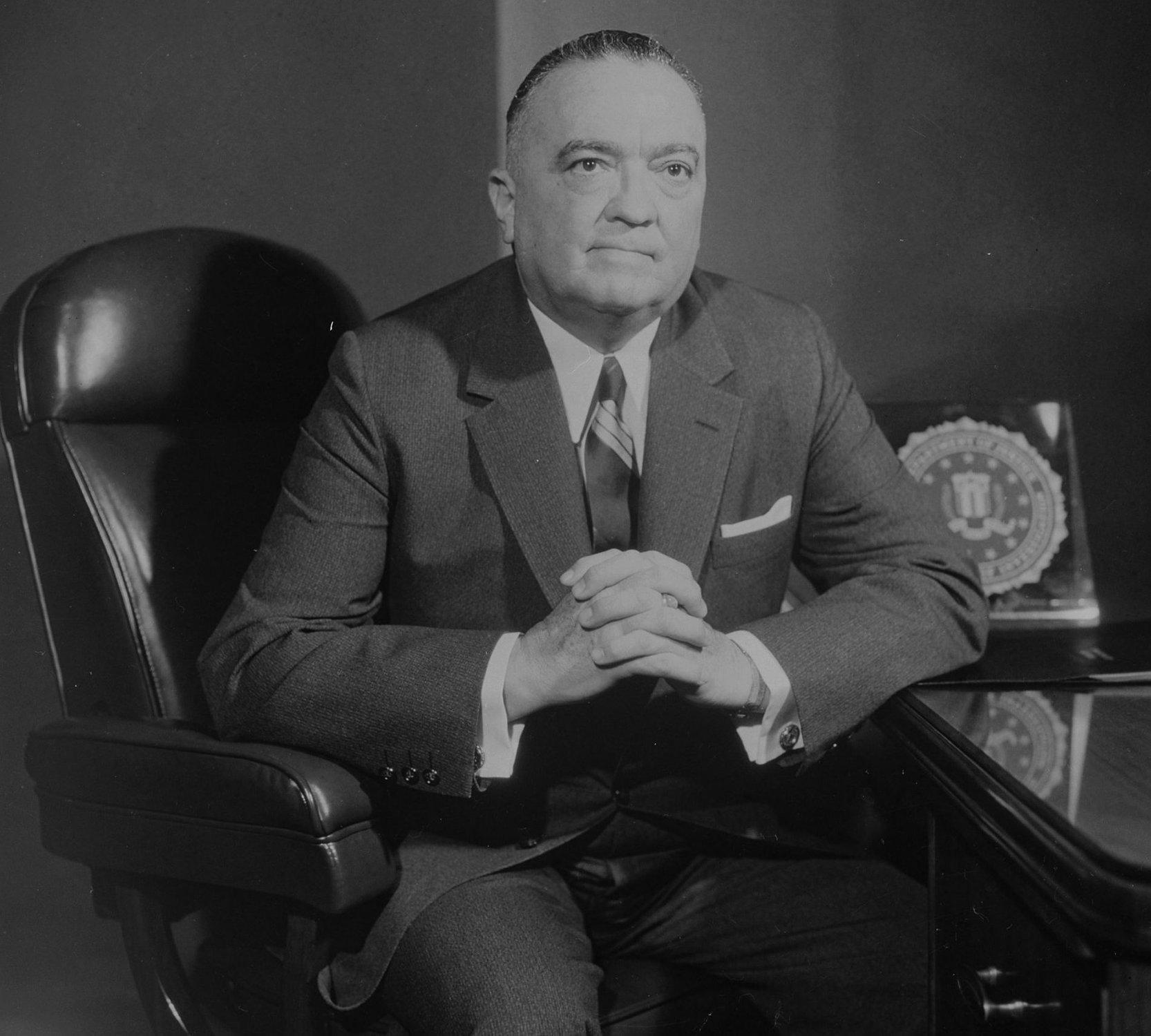The FBI Conducted Surveillance on Disappointed Housewives in the 1960s

In a protest for equal rights for women, organizers march from Farragut Square to Lafayette Square in Washington, DC, 1970. Photo by Warren K. Leffler, courtesy of Wikimedia Commons.
At the height of the Cold War, the FBI’s suspicions that American women’s liberation movements could be a front for communist infiltration efforts spurred an unprecedented domestic surveillance operation that later drew sharp criticism from lawmakers.
In 1975, the US Senate formed the Select Committee To Study Governmental Operations With Respect to Intelligence Activities, nicknamed the “Church committee” after committee chairman and Idaho Democrat Frank Church, to investigate media allegations of egregious government overreach by the FBI and the CIA.
The committee findings indicated that the FBI and the CIA monitored US citizens more brazenly than they officially claimed, loosely labeling various groups as “subversive.” Some organizations, such as the militarized Black Panther Party, fit the label. Other groups, however, simply gathered to talk to one another about wanting to be more than just someone’s wife and wanting their husbands to help out with the children at home.
“As the next example of how the FBI seeks out information scarcely relevant to subjects that we had thought the Bureau was concerned with, as in the area of Women’s Liberation, there is report after report about meetings of women who got together to talk about their problems,” Church said during the Senate proceedings.

The Church committee cited evidence of surveillance on women’s organizations, such as the Women’s Liberation Movement in Baltimore, Maryland, and the National Organization for Women in Washington, DC. In a supplemental report, the Church committee criticized the FBI for having a “guilty until proven innocent attitude.”
The evidence found that members of the Women’s Liberation Movement simply “wanted a purpose” and to be free “from the hum-drum existence of being only a wife and mother. They wanted equal opportunities that men have in work and in society.”
The surveillance of the women’s organizations stemmed from an FBI operation that had been running since 1956. The Counterintelligence Program, or “Cointelpro,” illegally surveilled, followed, and harassed American civil rights groups. In addition, the FBI also targeted civil rights leaders’ friends and family, sometimes searching and arresting them without warrants or probable cause. Frederick Schwarz, the Church committee’s chief counsel, said the FBI followed Martin Luther King Jr. for seven years.
Even though charges rarely stuck, the FBI continued this controversial program for years, until J. Edgar Hoover, head of the FBI, terminated the operation in 1971 in the wake of several high-profile media leaks.

Daniel Ellsberg, a former Rand Corp. analyst, leaked the Pentagon Papers, which detailed years of classified US involvement in Vietnam, to The New York Times. A second leak, from a burgled FBI office in Media, Pennsylvania, detailed operations by both the CIA and the FBI to conduct illegal surveillance of US citizens without warrants and contrary to the CIA’s charter, which restricted the agency to foreign intelligence collection only.
For its part, the FBI relied on informants for surveillance of women’s groups — as it turns out, the bureau’s so-called “G-men” tended to stand out in those group-therapy sessions.
Betty Friedan, author of The Feminine Mystique, established the National Organization for Women in 1966 by writing its founding name on a napkin at a women’s rights conference. Despite years of surveilling Friedan, the FBI never uncovered evidence of cooperation with the Soviet Union or its communist agents.
The National Organization for Women remains in operation. According to the group’s website, “Our priorities are winning economic equality and securing it with an amendment to the U.S. Constitution that will guarantee equal rights for women; championing abortion rights, reproductive freedom and other women’s health issues; opposing racism; fighting bigotry against the LGBTQIA community; and ending violence against women.”
Read Next:

Lauren Coontz is a former staff writer for Coffee or Die Magazine. Beaches are preferred, but Lauren calls the Rocky Mountains of Utah home. You can usually find her in an art museum, at an archaeology site, or checking out local nightlife like drag shows and cocktail bars (gin is key). A student of history, Lauren is an Army veteran who worked all over the world and loves to travel to see the old stuff the history books only give a sentence to. She likes medium roast coffee and sometimes, like a sinner, adds sweet cream to it.
BRCC and Bad Moon Print Press team up for an exclusive, limited-edition T-shirt design!
BRCC partners with Team Room Design for an exclusive T-shirt release!
Thirty Seconds Out has partnered with BRCC for an exclusive shirt design invoking the God of Winter.
Lucas O'Hara of Grizzly Forge has teamed up with BRCC for a badass, exclusive Shirt Club T-shirt design featuring his most popular knife and tiomahawk.
Coffee or Die sits down with one of the graphic designers behind Black Rifle Coffee's signature look and vibe.
Biden will award the Medal of Honor to a Vietnam War Army helicopter pilot who risked his life to save a reconnaissance team from almost certain death.
Ever wonder how much Jack Mandaville would f*ck sh*t up if he went back in time? The American Revolution didn't even see him coming.
A nearly 200-year-old West Point time capsule that at first appeared to yield little more than dust contains hidden treasure, the US Military Academy said.












